
Delegate Ta Van Ha - Vice Chairman of the Committee on Culture and Society
Big question mark about appraisal and acceptance
On the morning of November 14, the National Assembly discussed in the hall the draft Law on Construction (amended). Contributing opinions, delegate Ta Van Ha - Vice Chairman of the Committee on Culture and Society - said that this law amendment needs to overcome the "chronic, chronic disease" that has been going on for many years, which is that public investment projects have to be adjusted many times, have a long time, have increased capital, and are behind schedule...
According to the delegate, the most important issue is still the investment preparation stage. The investment must ensure quality, be evaluated, and forecasted in accordance with reality.
In some countries, the investment preparation period is very long but the construction period is only short. In our country, the preparation period is only a few months but the construction period is 4-5 years, causing capital increase, slow progress, and many other costs.
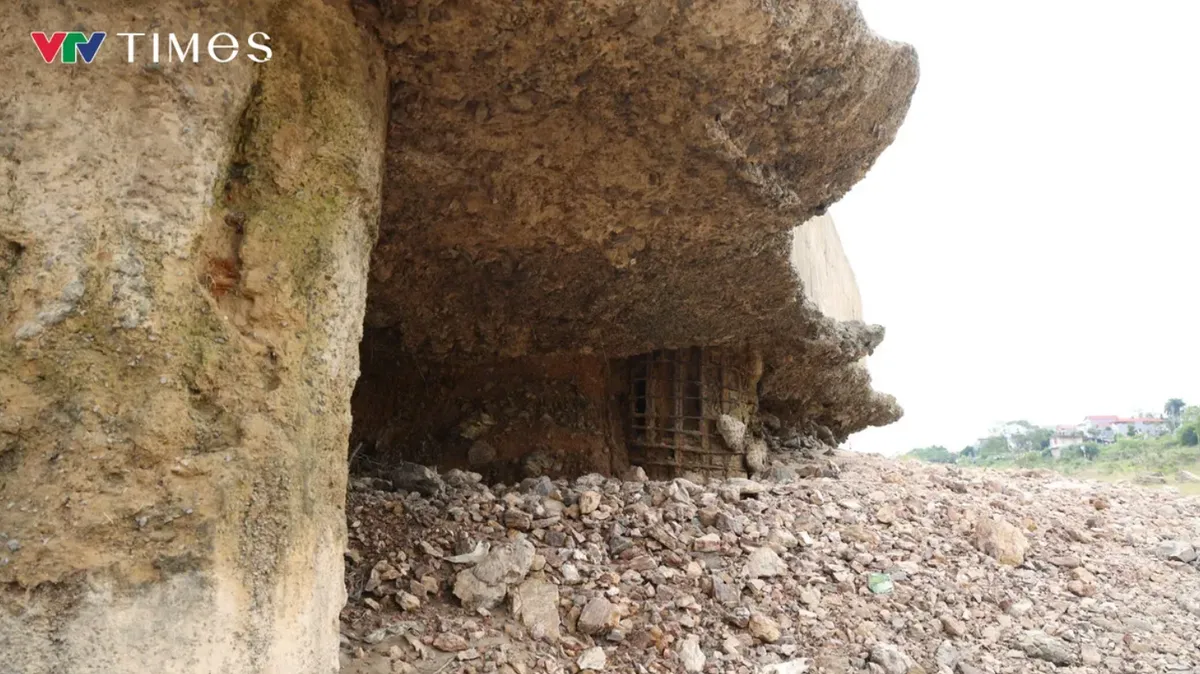
Lo River Bridge with exposed steel core is causing public outrage
Another important issue mentioned by delegates is about quality, acceptance, and quality inspection of works and projects.
Taking the case of the Lo River bridge with exposed steel core as an example, which is causing public outrage, delegate Ta Van Ha said that this is a big question mark regarding appraisal, acceptance and quality management of key projects.
“Whose responsibility is it? What is the cause? Is our team incompetent, weak, or is it because our equipment is inadequate?”, the delegate asked a series of questions and suggested changing the mindset of not chasing after the number of projects. Because of the budget projects, “every project is expensive”, we have to make the project happen.
Abolish construction permits but not construction management
Adding comments to the draft Law, delegate Ta Van Ha assessed that the Construction Law (amended) abolishing construction permits is "a step forward" and proposed to boldly expand the scope of permit abolition to many subjects, increase post-inspection, and abolish licensing but not abolish construction management.
“We agree with the delegates that we must boldly abolish construction permits. The question is, if we abolish permits, will people build haphazardly? I think we should abolish the permitting procedure, not abolish state management,” said the delegate.
The delegate also suggested that this issue needs to be clearly distinguished because in reality, every year, Hanoi and Ho Chi Minh City have millions, hundreds of thousands of licensed constructions, but why are there still violations? So what problem does licensing solve?
"I am very allergic to permit procedures. Maintaining the construction permit will increase unofficial costs for people, prolong time, and even cause negative consequences. That is very clear because anyone who builds their own housing project will see how complicated and negative it is," said delegate Ta Van Ha.
According to the delegate, regarding construction, we have construction standards, red lines, density, height, and setbacks, all of which are transparent. In addition, there is post-inspection by the State management agency, and if there are regulations, those who violate them need to be strictly punished.
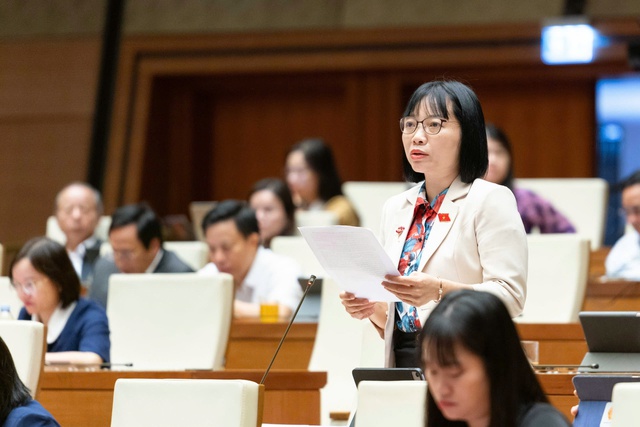
Delegate Nguyen Thi Viet Nga ( Hai Phong delegation)
Sharing the same view with delegate Ta Van Ha, delegate Nguyen Thi Viet Nga (Hai Phong delegation) suggested that in parallel with reducing "pre-inspection" and exempting construction permits for some projects, it is necessary to add mechanisms to strengthen "post-inspection" to promptly detect and handle construction violations.
At the same time, clearly stipulate the responsibility of the People's Committee at the commune level in inspecting, detecting and handling violations of construction regulations right from the beginning; supplement sanctions to handle the responsibility of the head if he/she fails to promptly detect or handle violations in construction works.
Sanctions are needed for leaders who allow construction violations to continue for a long time.
Participating in giving comments on the draft Law, delegate Nguyen Tam Hung (Ho Chi Minh City delegation) said that the draft Law has strongly decentralized when assigning the commune level to manage construction order associated with implementing the 2-level local government model from July 1 to present.
However, it is recommended to have more specific regulations to facilitate implementation, such as authorizing the People's Committee at the commune level to inspect the scene, draw up violation records, and temporarily suspend construction of individual housing projects and small-scale projects.
Implement the reception and return of results of some simple procedures according to the electronic one-stop mechanism linked with the provincial level. At the same time, there are sanctions for the responsibility of the head if there is a violation of construction order for a long time.
"This will shorten the management gap and promote the effectiveness of local authorities, especially at the commune level," said delegate Hung.
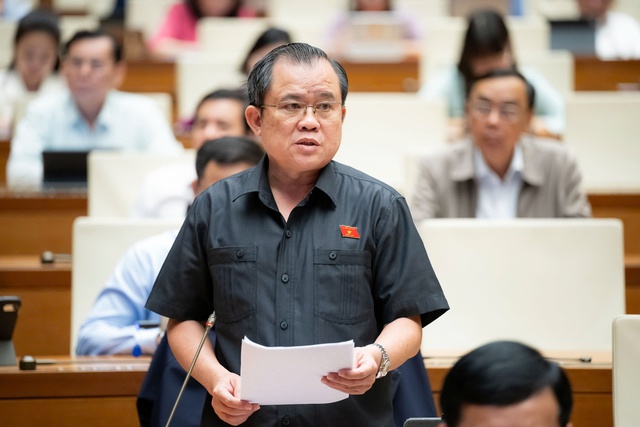
Delegate Nguyen Tam Hung (Ho Chi Minh City delegation)
Meanwhile, delegate Khuong Thi Mai (Ninh Binh delegation) proposed that to increase transparency in the licensing process, it is possible to study converting the construction licensing process to electronic form, connecting with the national construction database.
All administrative procedures, including traffic connection procedures and consultation with specialized construction agencies, are carried out through a one-stop mechanism and the construction licensing process is converted to electronic. At the same time, construction regulations, standards, and norms are made public for easy access by businesses and people.
Source: https://vtv.vn/tru-cau-song-lo-tro-loi-thep-trach-nhiem-thuoc-ve-ai-100251114121023702.htm







![[Photo] Unique architecture of the deepest metro station in France](https://vphoto.vietnam.vn/thumb/1200x675/vietnam/resource/IMAGE/2025/11/14/1763107592365_ga-sau-nhat-nuoc-phap-duy-1-6403-jpg.webp)
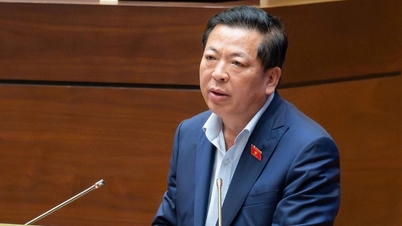



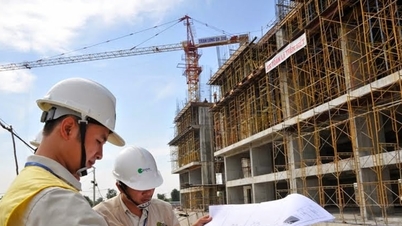

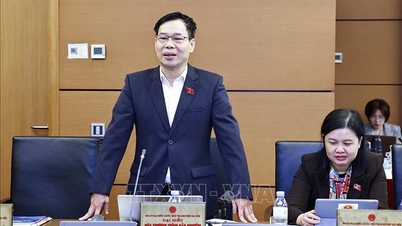

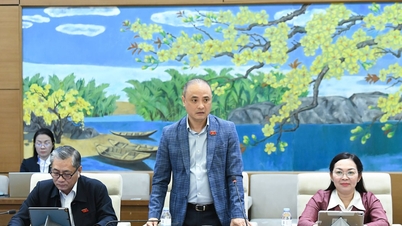
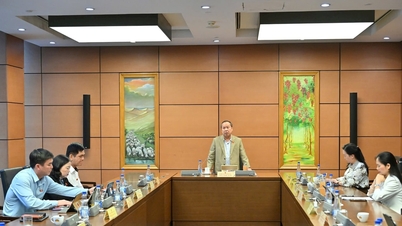




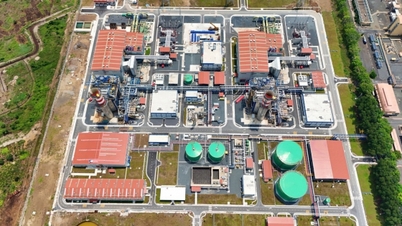

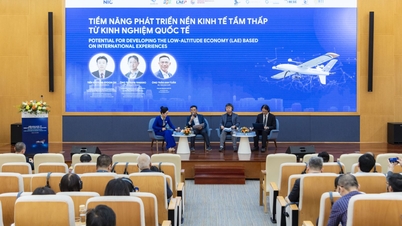




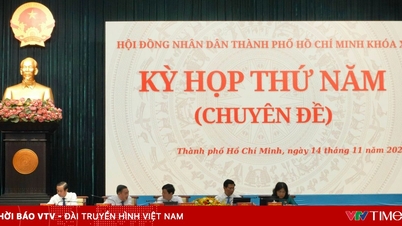



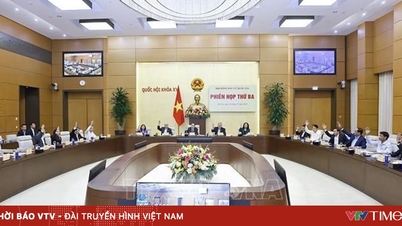

![[Photo] Special class in Tra Linh](https://vphoto.vietnam.vn/thumb/1200x675/vietnam/resource/IMAGE/2025/11/14/1763078485441_ndo_br_lop-hoc-7-jpg.webp)
![[Photo] Unique art of painting Tuong masks](https://vphoto.vietnam.vn/thumb/1200x675/vietnam/resource/IMAGE/2025/11/14/1763094089301_ndo_br_1-jpg.webp)
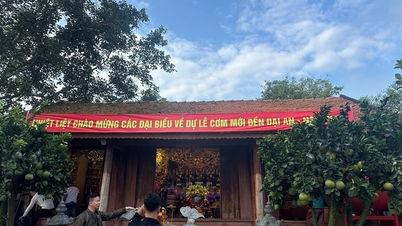








































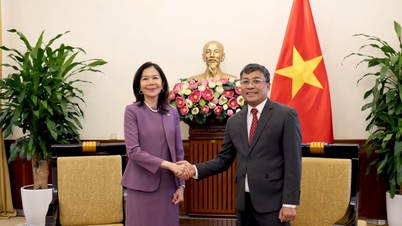




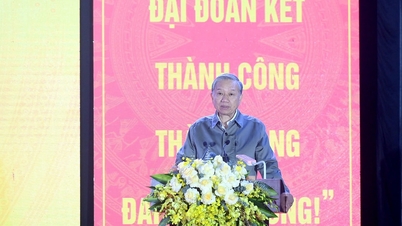



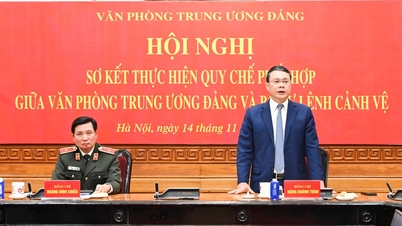
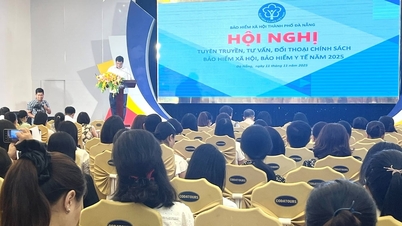























Comment (0)